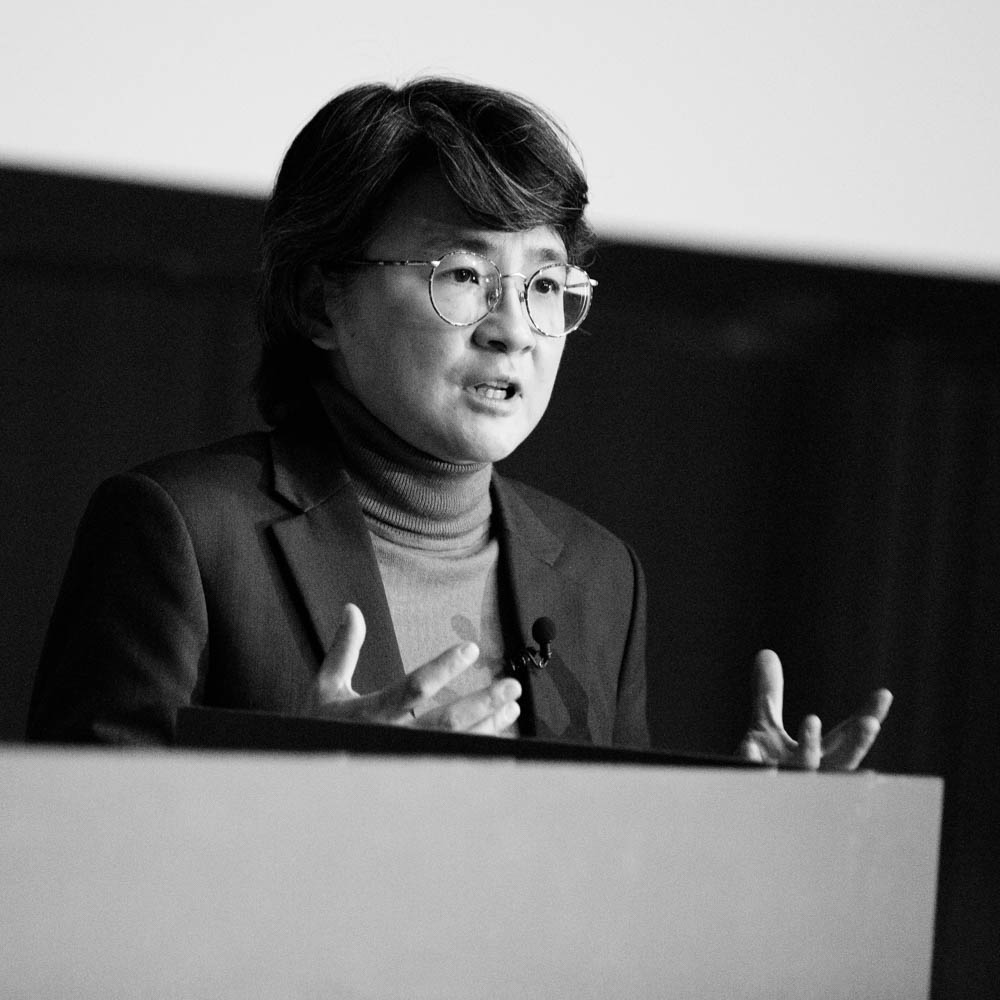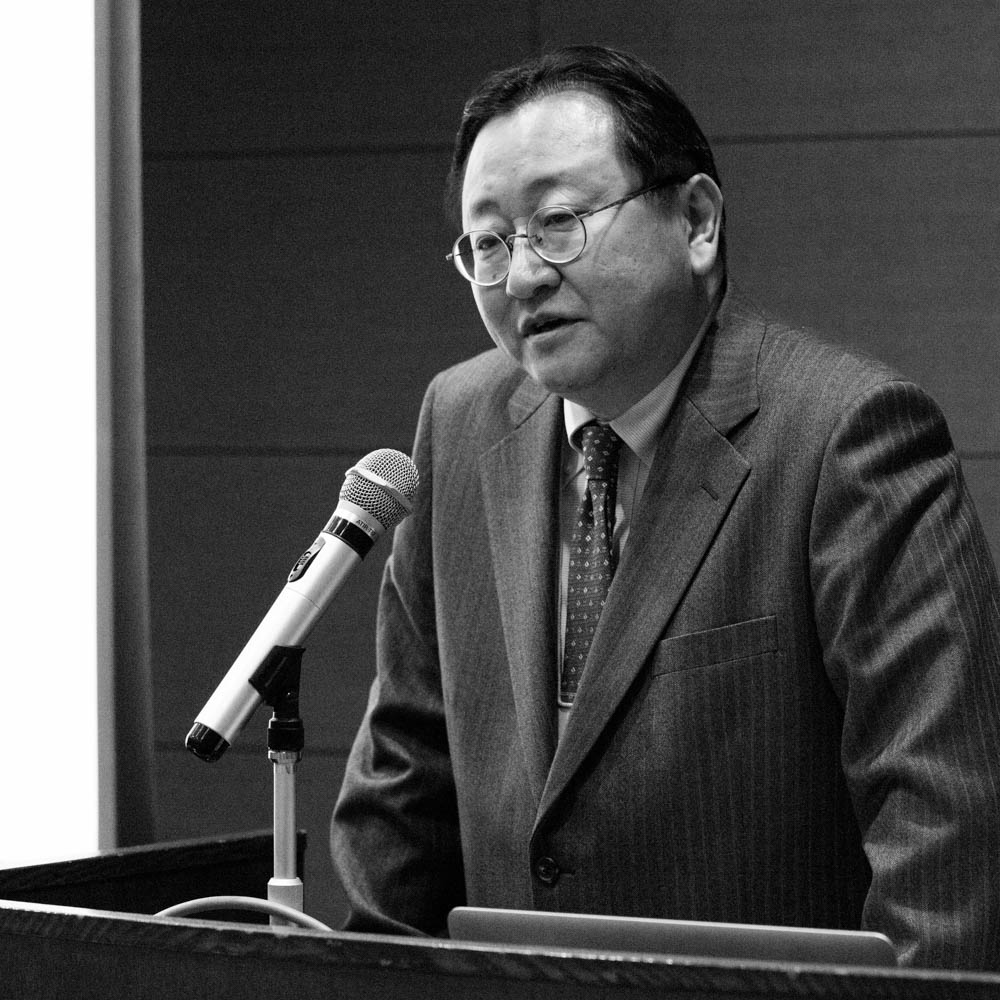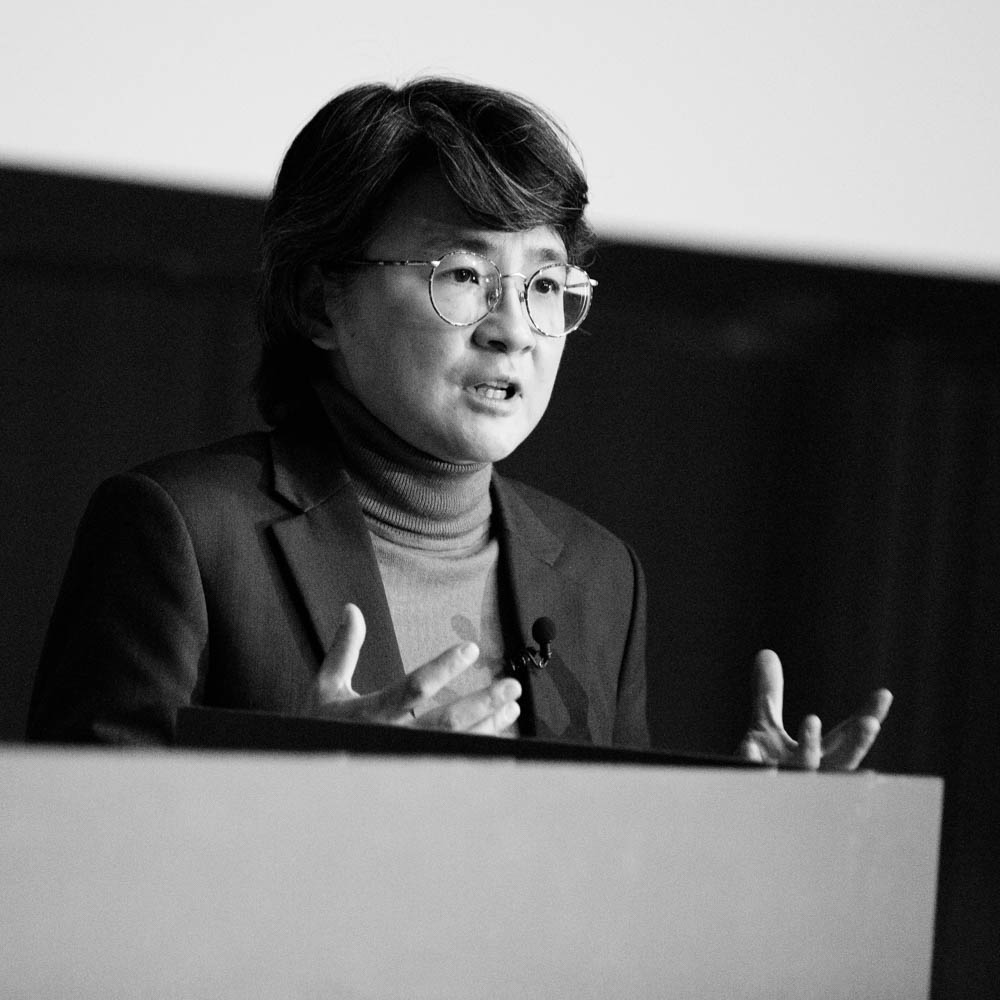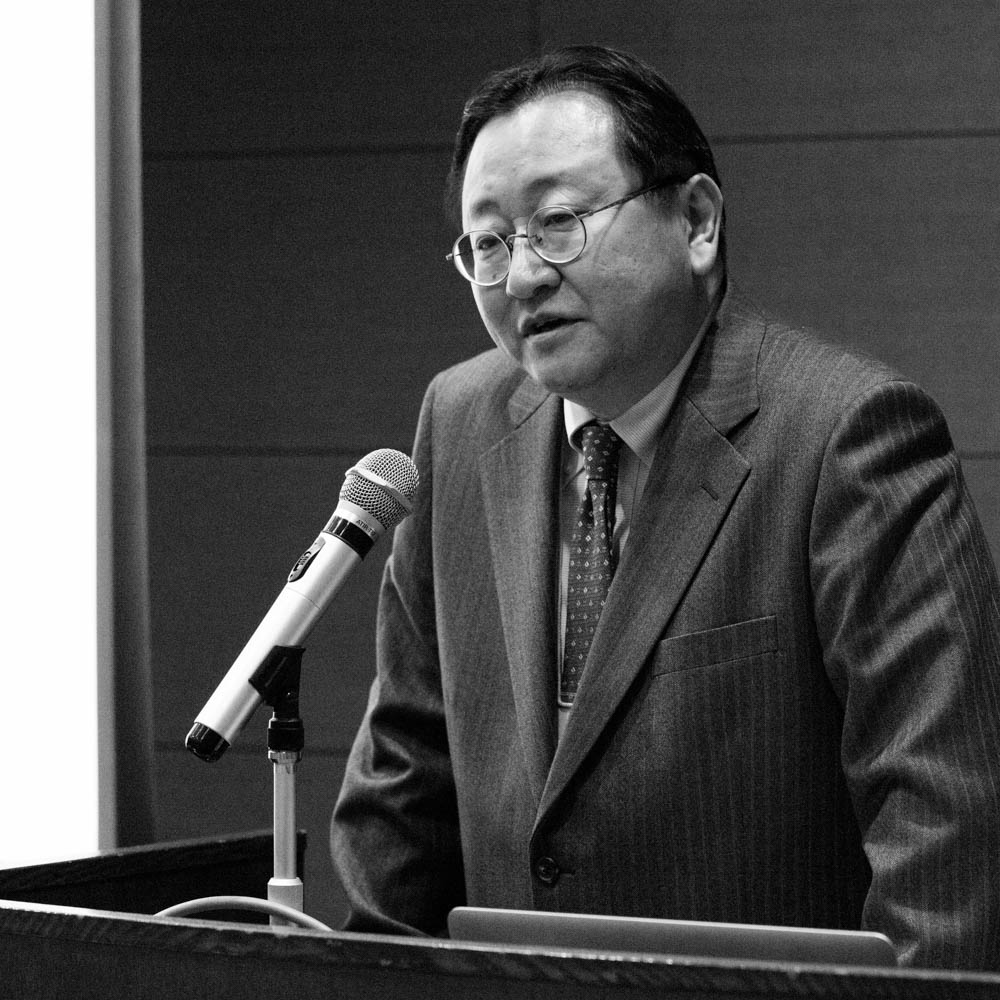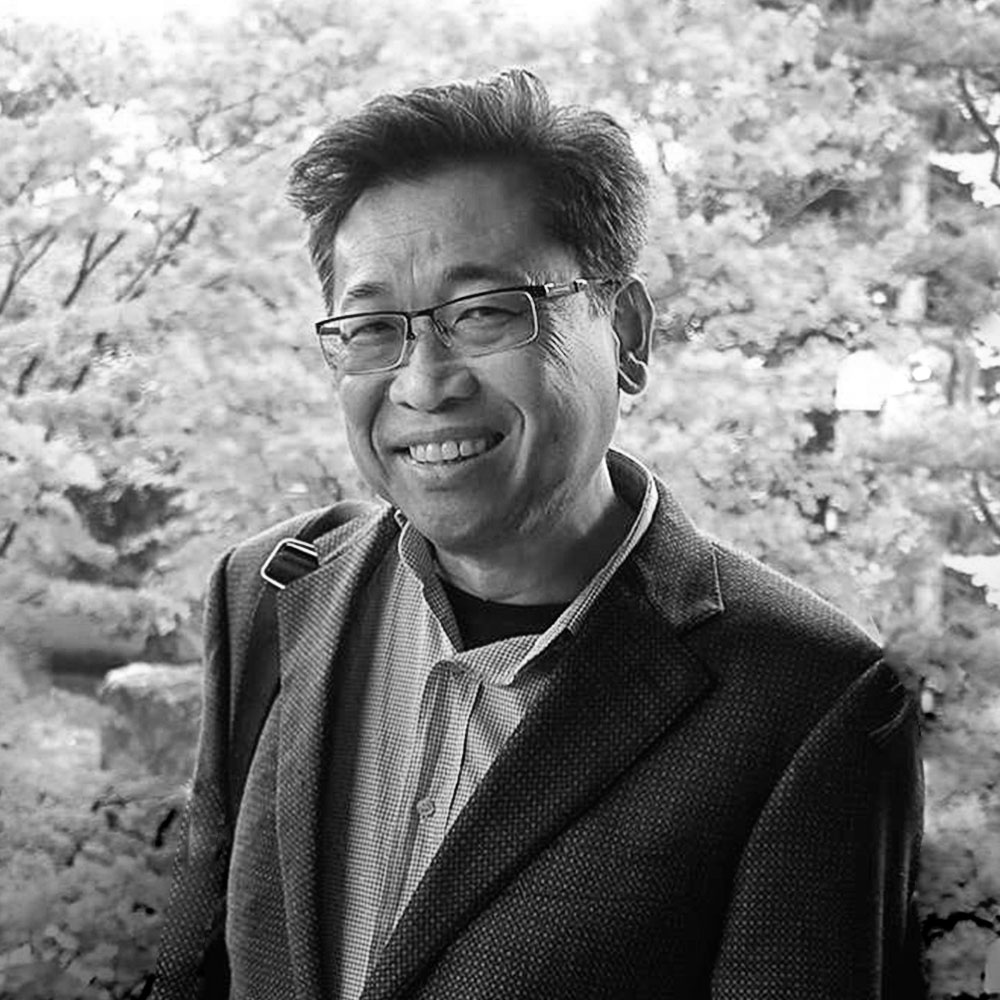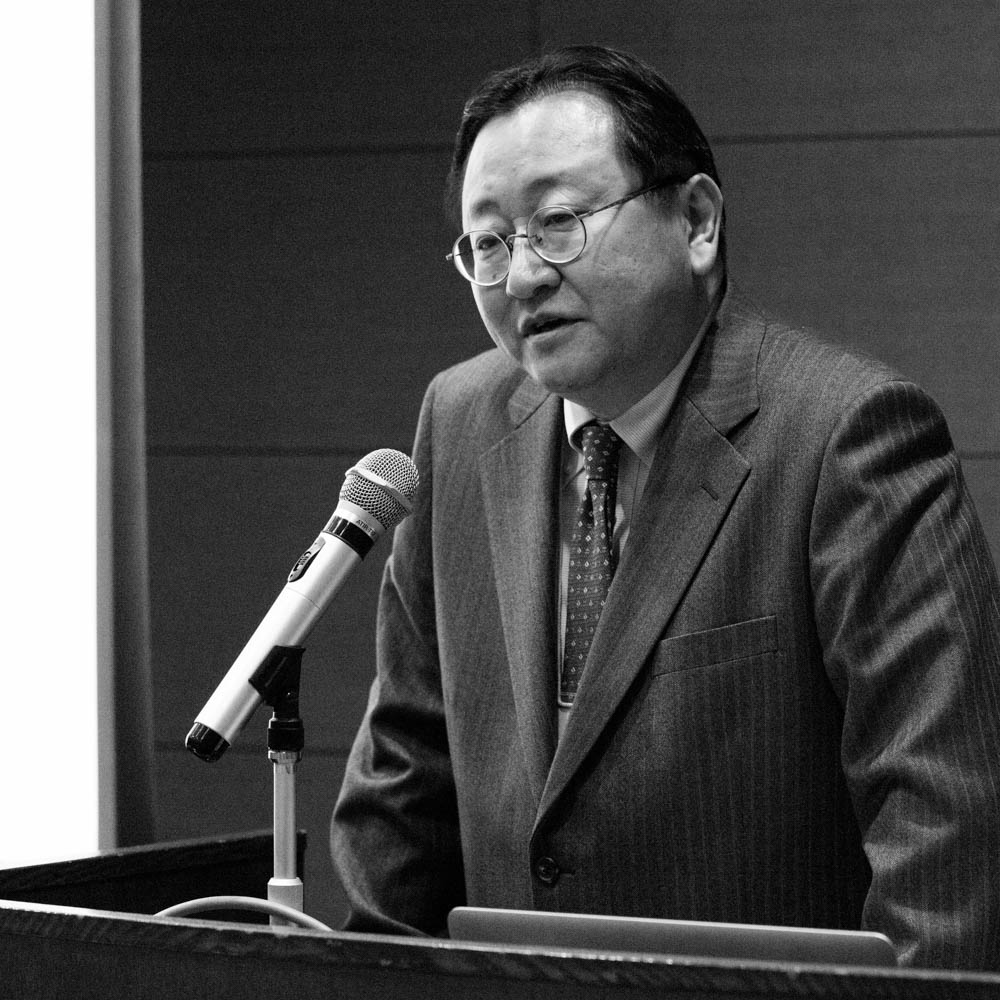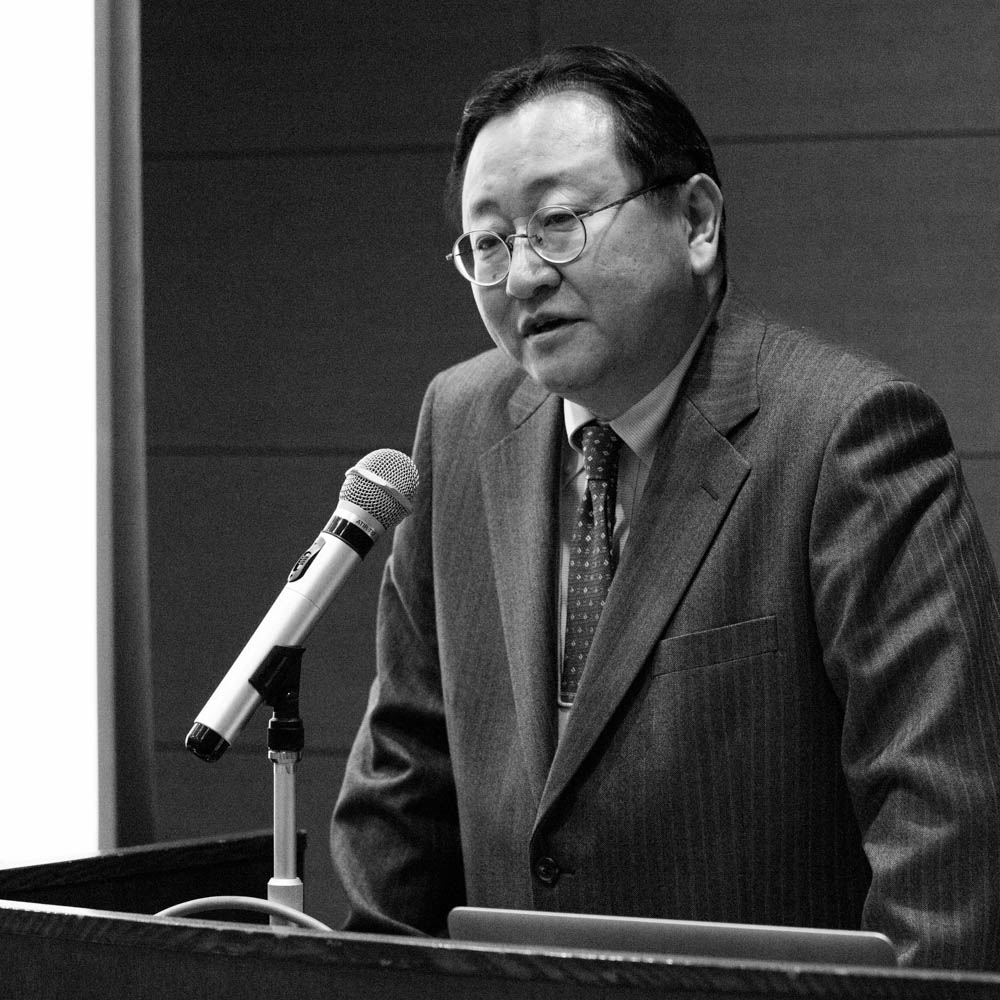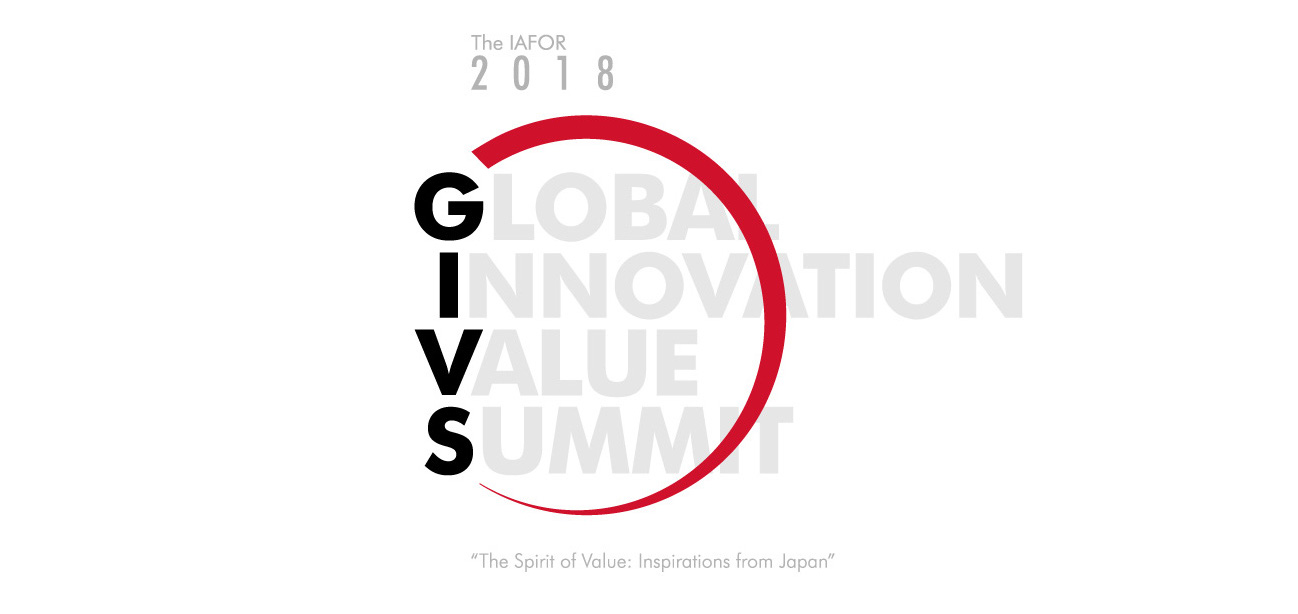Innovation and Value Initiative

Lead Researchers
More than ever, solutions to the transnational challenges, from climate change, sustainability to refugee crises, are in need of radically new approaches that depart from the present institutional limitations of global governance. Interdisciplinary and cross-sector collaboration, between science/technology and the humanities or public and private sectors, in search of new values and models of how we conduct businesses, produce food or even live, are recognised widely as the way forward, as has been demonstrated in the United Nations’ Sustainable Development Goals (SDG) that usefully combines the achievements of the Millennium Development Goals (public) and Global Compact (private sector).
Moreover, as the world confronts the limits of Western concepts of innovation and the value that these bring, other unique, sustainable and inclusive models of innovation may have important and globally applicable lessons that could guide the future of innovation and value creation initiatives around the world. Even though global connectivity has been greatly enhanced, there are local or regional pockets of ecosystems with demonstrated capacities to survive over centuries, and yet these are hardly recognised or properly integrated into the theoretical underpinnings that inform international practices and policies.
As a way to take part in this global endeavour to renovate the current international system and create new values, the IRC is proud to announce the Innovation and Value Initiative that will start as a three nodes project in the following areas: International economy, international politics and international social innovation.
About the Initiative
The purpose of this initiative is to explore the drivers, processes and outcomes of innovation and value creation across countries, markets, industries and sectors and identify the drivers that foster the most healthy innovation and value-creating ecosystems across (1) heritage businesses, (2) multinational companies, (3) entrepreneurial startups, (4) educational institutions, (5) governments, and (6) NGOs and NPOs. This initiative will also foster mature conversation between leaders across these fields and industries, and will address the questions of “what is innovation?”, “what is value?” “what are innovation ecosystems?” and what we mean by these terms in context.
The initiative will be comprised of the following elements: research, education, dissemination (working papers, workshops and conferences), and initiate collaborative implementation projects with businesses, local, regional or international NPOs and/or international organisations (for example, the humanitarian use of blockchain technology). The three nodes, “Value and International Economy”, “Value and International Politics”, and “Value and Social Innovation” will have each have its independent research component, but the researchers will also work closely to share findings, team teach for classes at OSIPP, integrate their works at implementation level or producing policy recommendations where possible and practicable, and plan new collaborative projects.
Value and International Economy
NODE ONE
Lead Researcher

Associated Researcher

As the world confronts the limits of Western concepts of innovation and the value that these bring, other unique, sustainable and inclusive models of innovation may have important and globally applicable lessons that could guide the future of innovation and value creation initiatives around the world. The purpose of this initiative is to explore the drivers, processes and outcomes of innovation and value creation across countries, markets, industries and sectors and identify the drivers that foster the most healthy innovation and value-creating ecosystems across (1) heritage businesses, (2) multinational companies, (3) entrepreneurial startups, (4) educational institutions, (5) governments, (6) NGOs and NPOs. This initiative will also foster mature conversation between leaders across these fields and industries, and will address the questions of “what is innovation?”, “what is value?” “what are innovation ecosystems?” and what we mean by these terms in context.
IR: actors multiplying, with demonstrated capacities to survive over centuries, and yet these are hardly recognised or properly integrated into the theoretical underpinnings that inform international policies at state or inter-state levels.
Value is at the heart of the definition of business and government activities, yet to date, neither researchers nor practitioners (1) have a precise definition of value, (2) possess a consistent way to measure it, and because of this (3) lack a consistent understanding of the fundamental drivers of the value that they research, create, manage and work to grow. At the same time, blockchain technology has been touted as “The Internet of Value” providing researchers and practitioners with a non-refutable, distributed ledger of value creation or destruction across every transaction. The purpose of this research is to create and test a theoretical model for the application of blockchain technology to marketing practice with the aim of deepening our scholarly and practical knowledge of how value is created, measured and managed for customers, firms, partners, society and the planet.
There is a strong and growing global interest in expanded theoretical approaches to conceptualizing the value that firms create through their products and services, and the activities that they perform in order to design, create, sell, service, reclaim and recycle these (c.f. Porter & Kramer (2011) and their Creating Shared Value model, and Eccles & Viviers, (2011) who explore Environmental, Social, Government (ESG) investing practices). However, these theoretical and holistic models lack a practical, objective approach to measuring and managing the value that firms create for customers, firms, partners, society and the planet that can be consistently adopted by organizations that wish to implement these ideas, and track the actual value that is generated from their activities. At the same time, blockchain technology, which is a distributed ledger for shared data which is secured with a combination of cryptography and game theory (Church, 2017), offers the ability to track value across the entire lifecycle of a product or service. Yet no research has been conducted on applying blockchain technology to the overall marketing process of value creation.
This research study will focus on answering the following three questions:
- What is the combined scientific and practical conceptualization of value that marketing activities create relative to customers, firms, partners, society and nature?
- How are top marketing companies and marketing executives in Japan, America and the EU applying these concepts in their marketing activities?
- How can blockchain technology best be tested such that an unbiased and objective measurement of the value that firms create and destroy for customers, their companies, partners, society and nature can be developed?
Research Objectives
This research project aims to fill this gap by: (1) first clarifying the definition of value in marketing for customers, firms, partners, society and nature, then (2) qualitatively interviewing and quantitatively surveying marketing practitioners across three major markets (Japan, America and the EU) to document and classify how they measure and manage this value, and finally, (3) developing and testing a measurement system to practically measure value across these five value actors as it is created or destroyed using blockchain technology.
Value and International Politics
NODE TWO
Lead Researcher
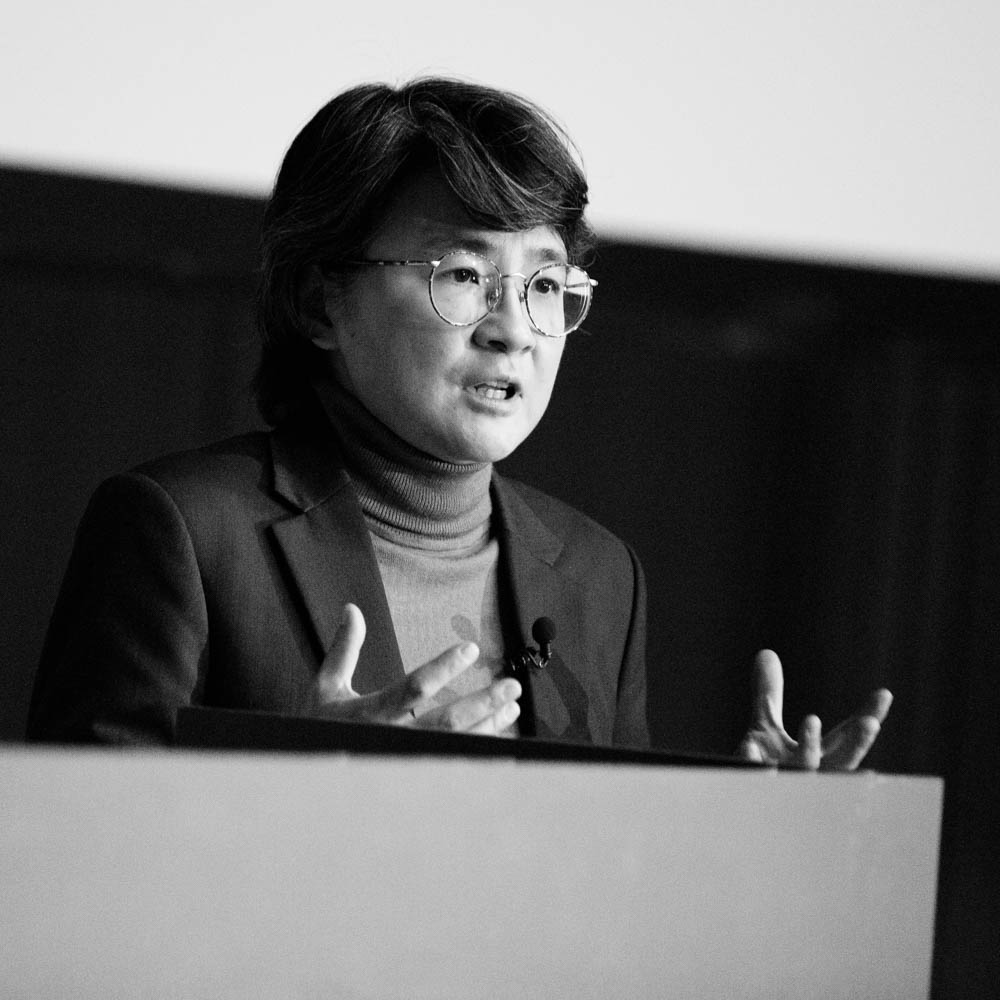
Associated Researcher
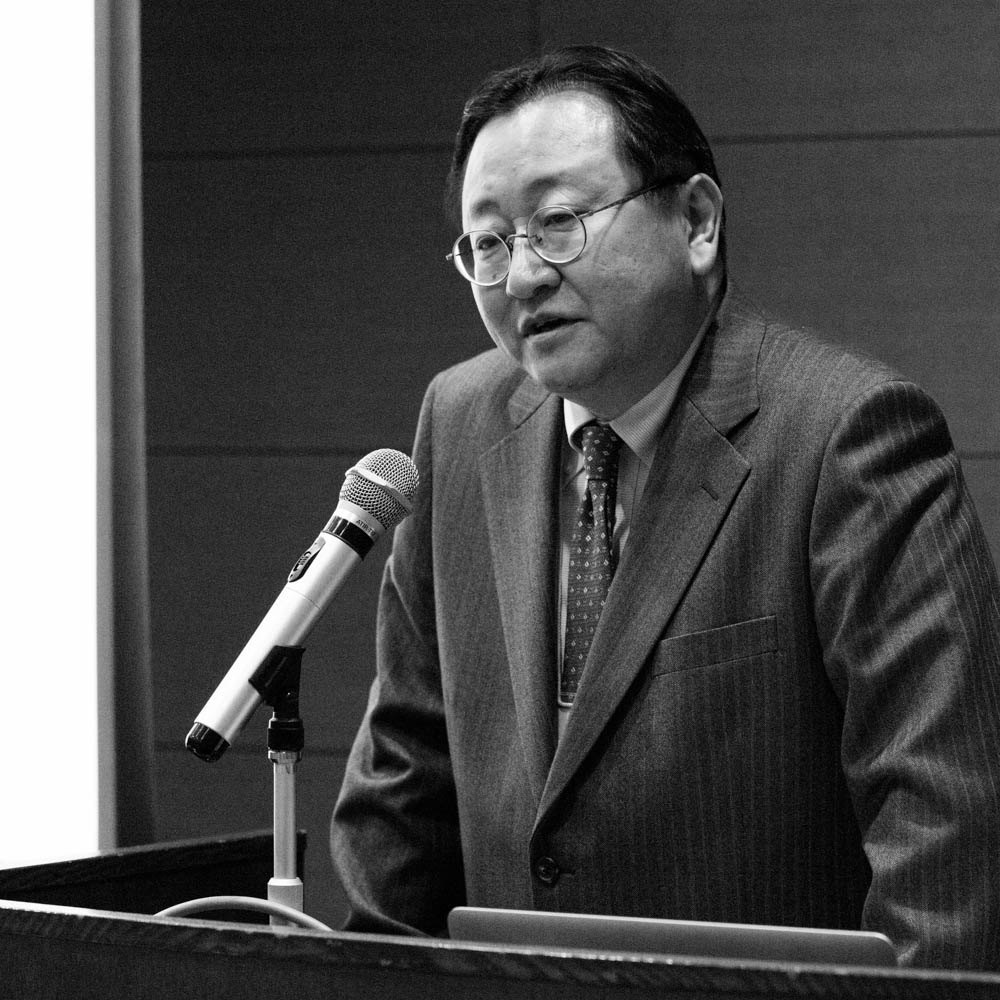
Associated Researcher
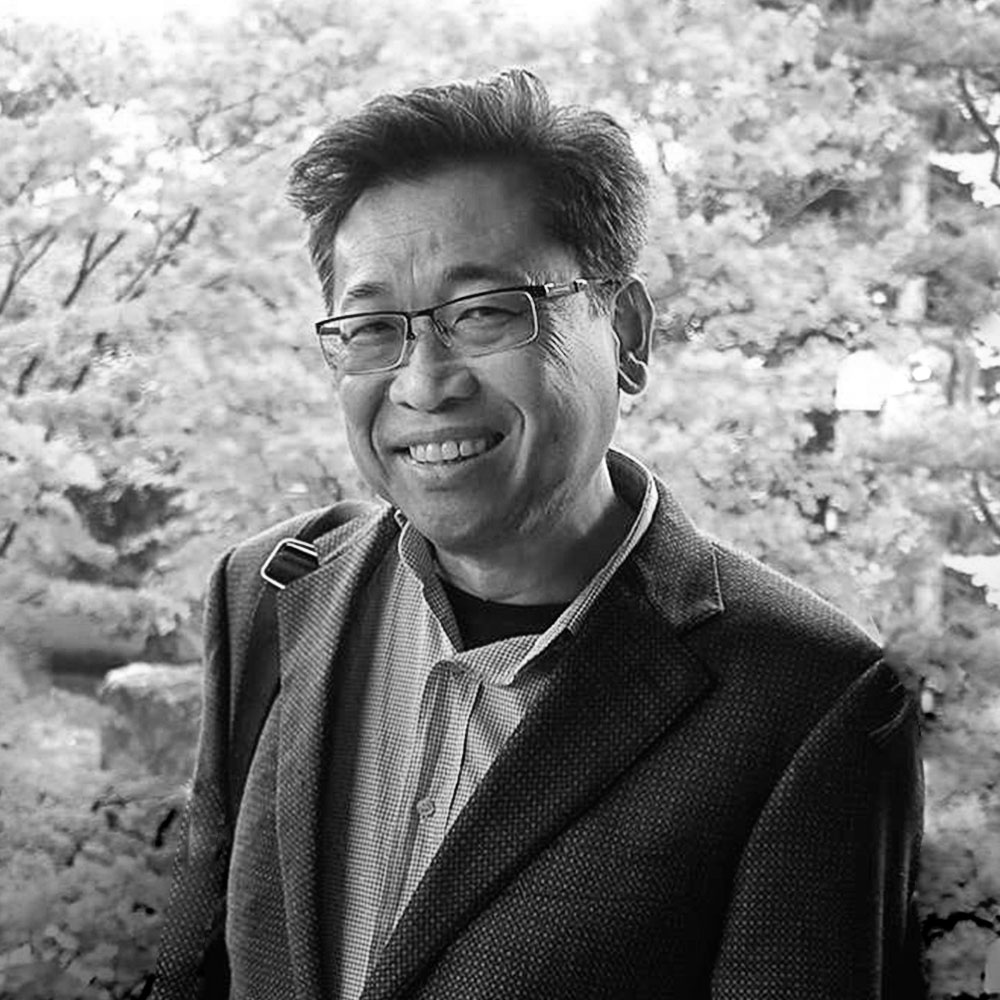
Why IRC?
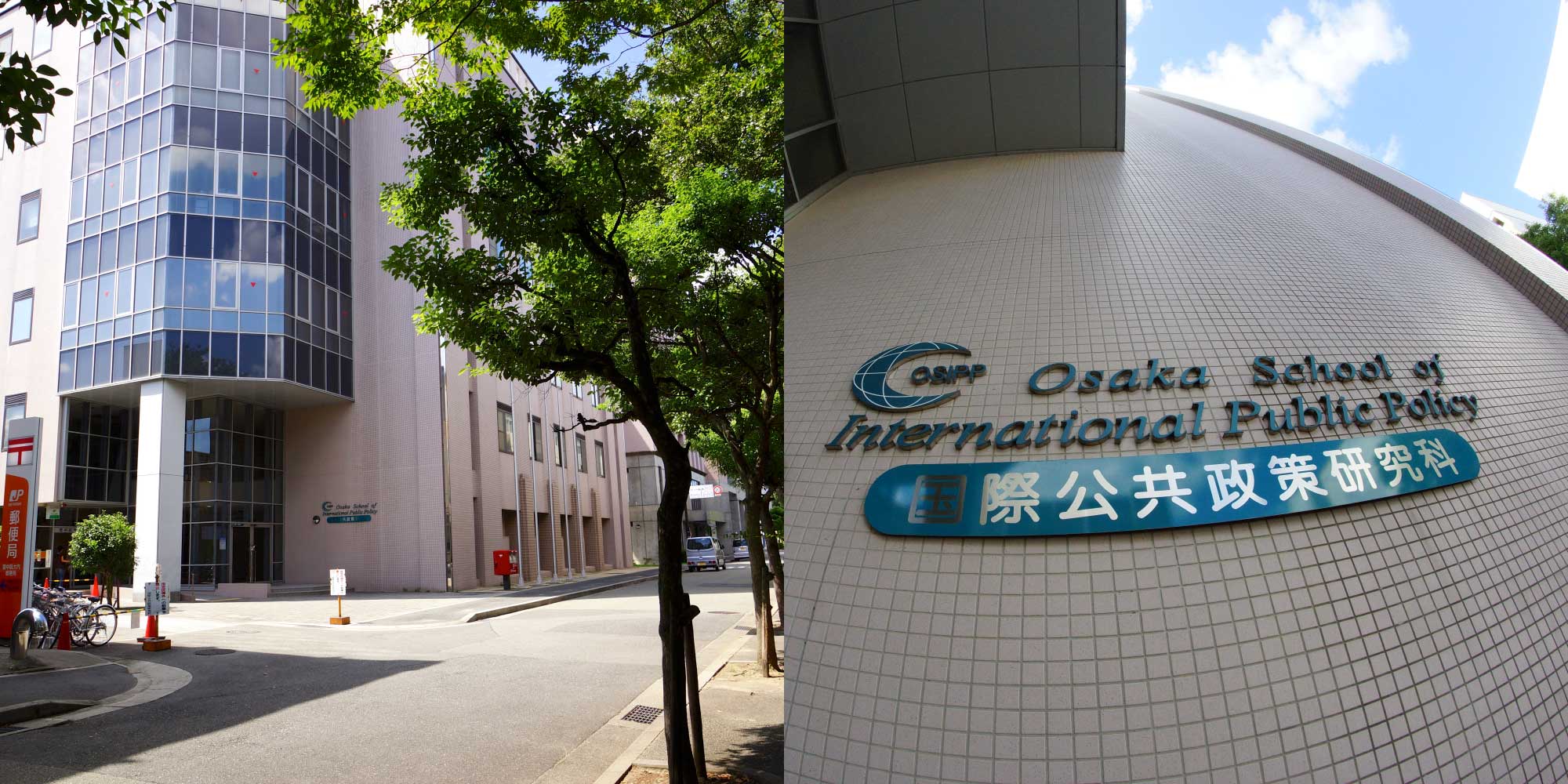
Osaka School of International Public Policy (OSIPP)
As a research centre based in Japan’s Osaka School of International Public Policy (OSIPP) at Osaka University, the oldest public policy school in the country, in collaboration with The International Academic Forum (IAFOR), the project builds on the strengths of OSIPP’s existing research and policy networks and IAFOR’s vast reach and interdisciplinary approach that gather together experts from different fields and sectors. The IRC is committed to the further study and discussion at the intersection of value and values, and this project will have relevance to both students and scholars, as well as practitioners interested or working in issues of regional and global governance.
IAFOR Associated Conference
“The Spirit of Innovation”: Welcome to The IAFOR Global Innovation & Value Summit 2018, held in Tokyo, Japan, from Friday, October 5, 2018 to Sunday, October 7, 2018.
The IAFOR Global Innovation & Value Summit 2018 will be held in Tokyo, one of the world’s greatest cities, and brings together some of the biggest names in business in Japan. The conference will consider and contextualise questions of innovation and value with a focus on innovation ecosystems in the global, regional and local ecosystem of Japan.
The Summit comprises both a powerful one-day symposium, and a two-day academic conference that explore the ideas in more depth.The Symposium will bring together a number of high profile keynote speakers to set the scene and speak to the theme of the conference, before then continuing with four plenary panels looking at questions of innovation and value. The first will look at Heritage companies in Japan, as with more than 50 percent of the world’s companies over 200 years old, the country offers excellent case studies of companies which have had to repeatedly innovate to survive. The next two panels will offer contrastive insights and perspectives from both big companies and start-ups, and the final panel will look at policy from the side of government and education.
